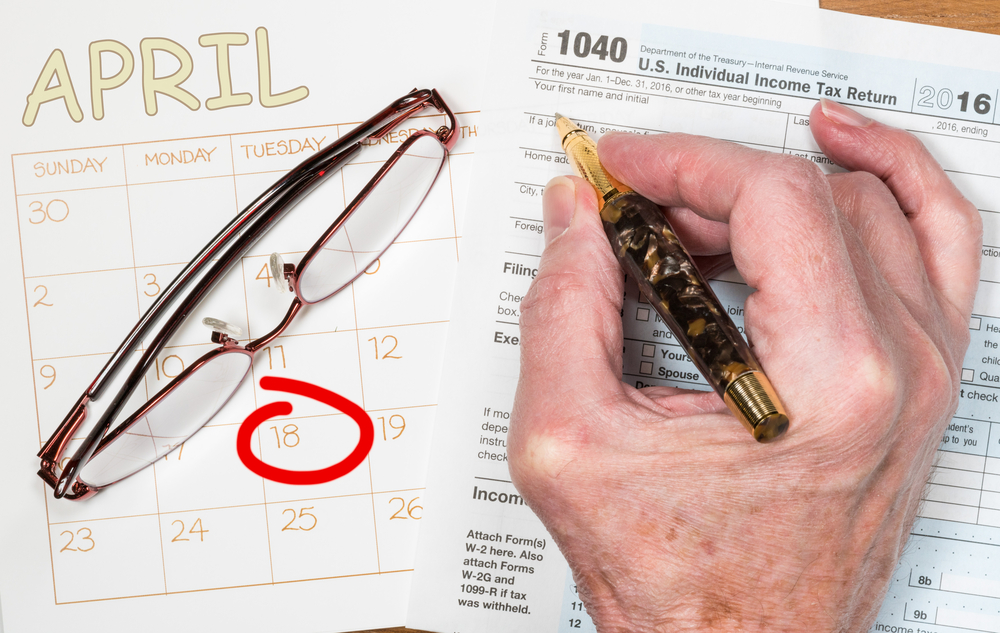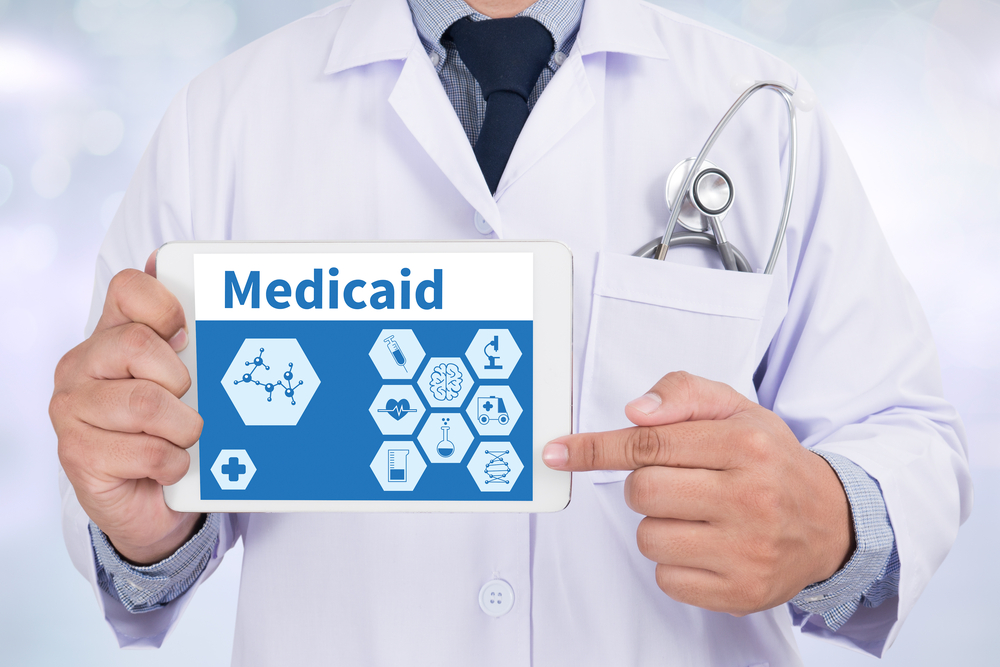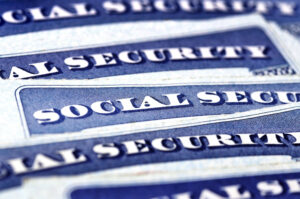
Stimulus Checks Won’t Increase the Tax on Social Security Benefits
Luckily, the stimulus check will not increase your Social Security benefits taxes because it’s not taxable income. That’s due to the formula used to calculate your taxes, and here’s how that works!
You need to determine your base income first, commonly referred to as “provisional income”. To do so you need to combine 50% of your Social Security, your tax-exempt interest, and your adjusted gross income without including your student loan interest deduction or tuition and fees deduction.
Since your stimulus check doesn’t increase your base income, it won’t increase taxes on your Social Security benefits.
Here’s how much Uncle Sam will tax you if you’re single:
– No taxes if your base income is less than $25,000
– If your income is between $25,000 and $34,000 then up to 50% of your Social Security may be taxable
– If your income is more than $34,000 then up to 85% of your Social Security may be taxable
If you’re married and filing jointly:
– No taxes if your base income is less than $32,000
– If your income is between $32,000 and $44,000 then up to 50% of your Social Security may be taxable
– If your income more than $44,000 then up to 85% of your Social Security may be taxable

Stimulus Checks Won’t Affect Eligibility for Government Benefits
It’s understandable that many seniors felt worried that the stimulus checks might affect their eligibility for other government benefits, but this isn’t the case at all. Since the check won’t affect your income for purposes of determining eligibility for federal-government assistance or benefit programs, you won’t miss out on them at all.
As such, the second round of stimulus checks won’t affect your Medicaid, Supplemental Security Income, HUD housing assistance, or Supplemental Nutrition Assistance Program.





























































